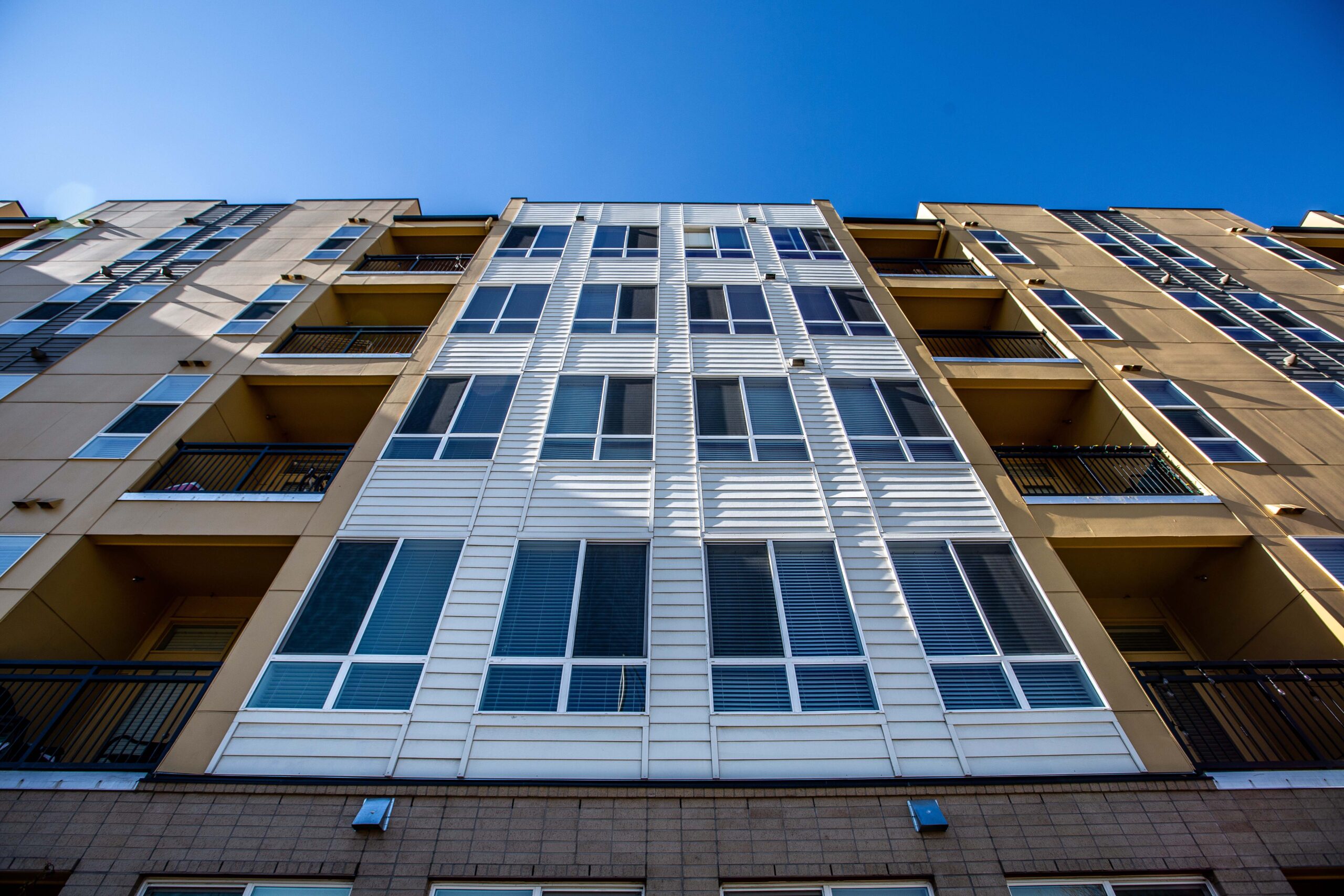Are you looking for ways to improve your HVAC system efficiency? The answer may lie in your windows. Believe it or not, the type of windows you have in your home can have a significant impact on the efficiency of your HVAC system. In this article, we’ll explore the different types of windows and their impact on your HVAC system efficiency.
Types of Windows
There are several types of windows commonly used in homes. Each type has its unique features, advantages, and disadvantages.
Single-Pane Windows
Single-pane windows are the most basic type of window. They consist of a single layer of glass, which makes them the least energy-efficient option available. Single-pane windows are not very effective at keeping out heat or cold and tend to be drafty. They are also not great at reducing noise or preventing condensation.
Double-Pane Windows
Double-pane windows are an improvement on single-pane windows. They consist of two layers of glass separated by a gap filled with air or gas. The gap acts as insulation, making double-pane windows more energy-efficient than single-pane windows. Double-pane windows are also better at reducing noise and preventing condensation.
Triple-Pane Windows
Triple-pane windows are the most energy-efficient type of window. They consist of three layers of glass separated by two gaps filled with air or gas. Triple-pane windows offer the best insulation, noise reduction, and condensation prevention of any type of window. However, they are also the most expensive option available.
More About Our Windows Service
Click Here
How Windows Impact HVAC Efficiency
Now that we’ve covered the different types of windows, let’s talk about how they impact HVAC system efficiency. The main way windows affect HVAC efficiency is by how much heat they let in or out of your home.
During the summer, sunlight can heat up your home, causing your HVAC system to work harder to keep it cool. The type of windows you have can determine how much heat is let in. Single-pane windows are the least effective at keeping heat out, while triple-pane windows are the most effective.
Conversely, during the winter, heat can escape from your home through your windows. The type of windows you have can determine how much heat is lost. Again, single-pane windows are the least effective at keeping heat in, while triple-pane windows are the most effective.
The more heat that is let in or out of your home through your windows, the harder your HVAC system has to work to maintain a comfortable temperature. This can lead to increased energy consumption, higher utility bills, and more wear and tear on your HVAC system.
Conclusion
In conclusion, the type of windows you have in your home can have a significant impact on your HVAC system efficiency. Single-pane windows are the least energy-efficient option, while triple-pane windows are the most energy-efficient. By upgrading to more energy-efficient windows, you can improve your HVAC system efficiency, save money on your utility bills, and reduce wear and tear on your HVAC system.
FAQs
1. How much can I expect to save by upgrading my windows?
The amount you can save by upgrading your windows depends on several factors, including the type of windows you have, the climate you live in, and your energy consumption habits. However, on average, you can expect to save between 10% and 25% on your energy bills by upgrading to more energy-efficient windows.
2. Is it worth the cost to upgrade my windows?
While upgrading to more energy-efficient windows can be expensive, it can also provide significant long-term savings on your energy bills. Additionally, it can improve the comfort of your home and increase its resale value. Ultimately, the decision to upgrade your windows will depend on your specific situation and priorities.

